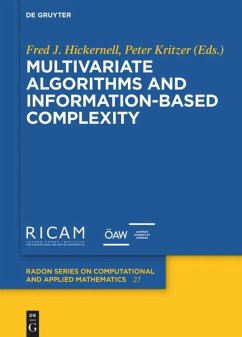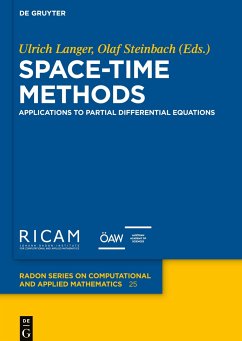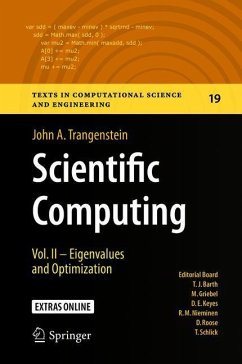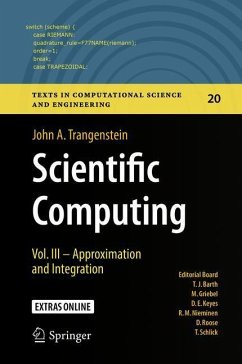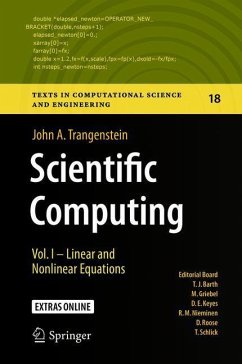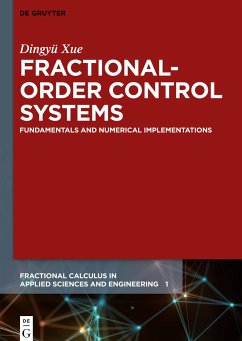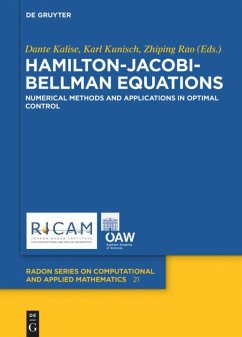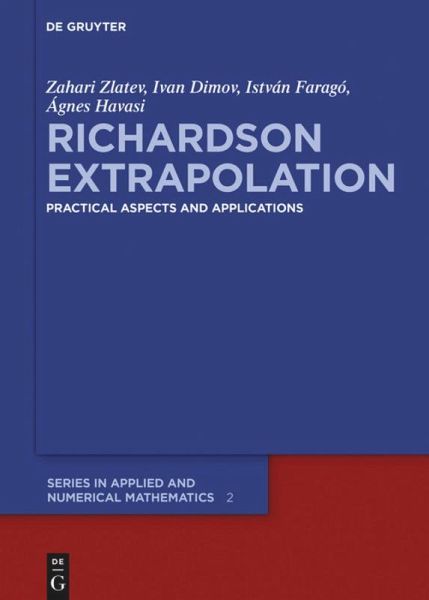
Richardson Extrapolation
Practical Aspects and Applications
Versandkostenfrei!
Versandfertig in 6-10 Tagen
164,95 €
inkl. MwSt.
Weitere Ausgaben:

PAYBACK Punkte
0 °P sammeln!
Scientists and engineers are mainly using Richardson extrapolation as a computational tool for increasing the accuracy of various numerical algorithms for the treatment of systems of ordinary and partial differential equations and for improving the computational efficiency of the solution process by the automatic variation of the time-stepsizes. A third issue, the stability of the computations, is very often the most important one and, therefore, it is the major topic studied in all chapters of this book.Clear explanations and many examples make this text an easy-to-follow handbook for applied...
Scientists and engineers are mainly using Richardson extrapolation as a computational tool for increasing the accuracy of various numerical algorithms for the treatment of systems of ordinary and partial differential equations and for improving the computational efficiency of the solution process by the automatic variation of the time-stepsizes. A third issue, the stability of the computations, is very often the most important one and, therefore, it is the major topic studied in all chapters of this book.
Clear explanations and many examples make this text an easy-to-follow handbook for applied mathematicians, physicists and engineers working with scientific models based on differential equations.
Contents
The basic properties of Richardson extrapolation
Richardson extrapolation for explicit Runge-Kutta methods
Linear multistep and predictor-corrector methods
Richardson extrapolation for some implicit methods
Richardson extrapolation for splitting techniques
Richardson extrapolation for advection problems
Richardson extrapolation for some other problems
General conclusions
Clear explanations and many examples make this text an easy-to-follow handbook for applied mathematicians, physicists and engineers working with scientific models based on differential equations.
Contents
The basic properties of Richardson extrapolation
Richardson extrapolation for explicit Runge-Kutta methods
Linear multistep and predictor-corrector methods
Richardson extrapolation for some implicit methods
Richardson extrapolation for splitting techniques
Richardson extrapolation for advection problems
Richardson extrapolation for some other problems
General conclusions





